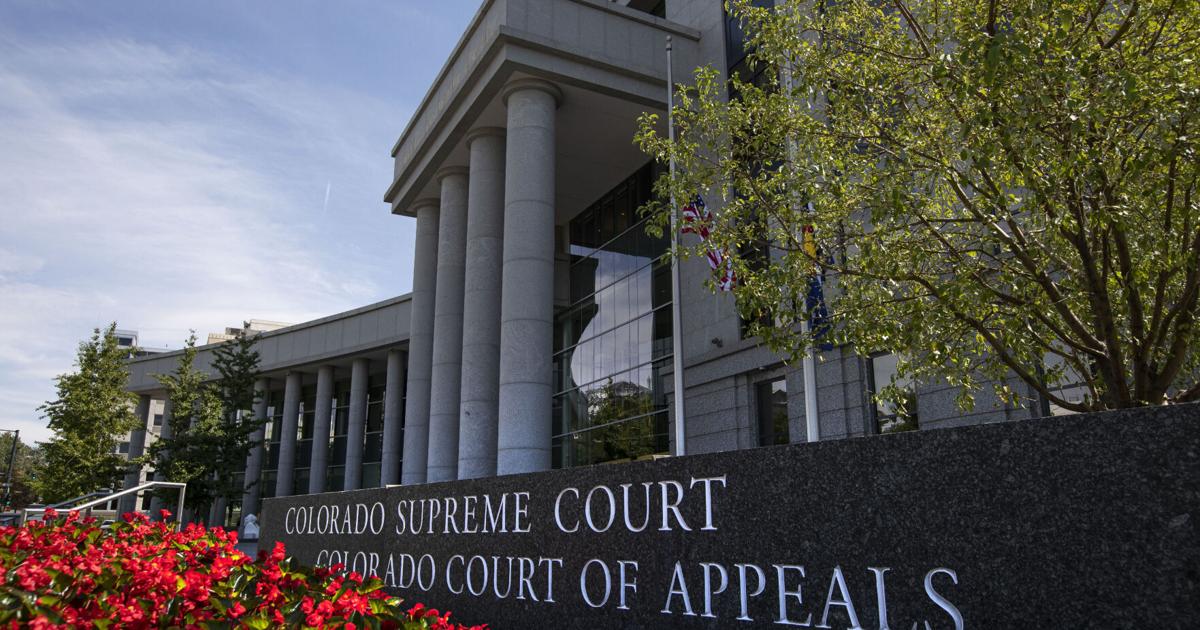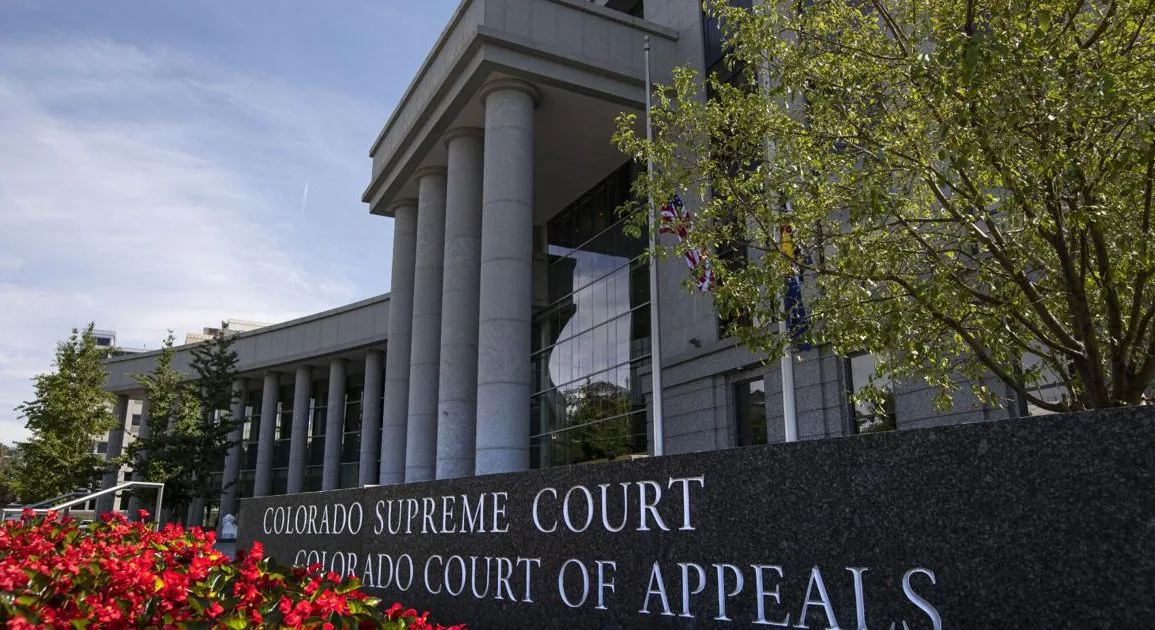
Although a former Arapahoe County judge admitted to racial bias and received a high-profile public censure two years ago for her misconduct, Colorado’s second-highest court agreed there was no evidence Natalie T. Chase harbored bias against a Hispanic father specifically when she terminated his parental rights.
A three-judge panel for the Court of Appeals decided on Thursday that under state Supreme Court precedent, Chase’s use of the N-word and her statement from the bench that “all lives matter” were not sufficient grounds to reverse Chase’s decision in the case of the father, identified as E.R.
“This record does not demonstrate actual bias. There was no evidence of comments or actions specific to former Judge Chase with regard to father or the children,” wrote Judge Rebecca R. Freyre in the panel’s Aug. 24 opinion.
At the same time, Freyre labeled as “disturbing” E.R.’s allegations that multiple racist incidents took place within the government agency representing E.R.’s children. She advised that E.R. could file a new motion in the trial court to explore those allegations further.
The case raised a novel question in the wake of Chase’s extraordinary discipline: What happens to a judge’s decisions when she admits publicly to exhibiting bias.
Chase, who was a district court judge until her resignation in 2021, ended the legal relationship between E.R. and his children after deeming him unfit and out of compliance with his treatment plan.
Days before E.R.’s case was scheduled to be heard by the Court of Appeals panel, the Colorado Supreme Court accepted Chase’s resignation and publicly reprimanded her. Chase had admitted to using the N-word in front of court employees and voiced from the bench her opinion that “all lives matter” — a phrase used by those skeptical of the Black Lives Matter protests in the summer of 2020.
The Court of Appeals panel sent E.R.’s case back to Arapahoe County and ordered a different judge to review whether Chase’s termination decision was tainted with bias.
Before Kenneth M. Plotz, a retired judge assigned to the case, could hold a hearing, the state Supreme Court stepped in to provide guidance. In People in the Interest of A.P., decided in June 2022, the Supreme Court ruled that Chase’s censure alone could not be grounds for reversing her decisions.
“Only when a judge was actually biased will we question the reliability of the proceeding’s result,” wrote Justice William W. Hood III.
During the hearing in E.R.’s case, E.R.’s lawyers questioned expert witnesses who described some of Chase’s original decisions as unorthodox and who argued the termination process failed to account for E.R.’s Hispanic culture. However, Plotz felt obligated to follow the A.P. decision and only look at whether Chase’s actions amounted to bias. He saw none.
Returning to the Court of Appeals, E.R. made two arguments. First, he believed Plotz should have considered evidence of racism within the Arapahoe County office of the guardian ad litem, which was the legal representative of E.R.’s children. E.R.’s attorneys presented allegations to Plotz that a Hispanic attorney in the office was called a racist slur and that a “Pocahontas doll” in the office was named after an American Indian caseworker.
Because Chase relied on the guardian ad litem for her decision making, E.R.’s attorney argued, any racial bias in that office was relevant and Plotz should have considered it.
Second, E.R. contended the A.P. case did not evaluate whether the U.S. Constitution requires actual evidence of a judge’s bias.
Perhaps, observed Freyre during oral arguments in July, but she “can’t see a way around” the state Supreme Court’s decision.
“What former Judge Chase admitted to was racial animus towards African-American people, but not Hispanics. And your client is Hispanic,” she told E.R.’s lawyer.
Katayoun A. Donnelly responded on behalf of E.R. that she was only seeking an analysis of whether a judge who is biased, as Chase was, presents a broader risk of partiality that is “too high to be constitutionally tolerable.”
The government countered that even if the Supreme Court did not consider the constitutional implications, the Court of Appeals was bound by the A.P. decision.
“What type of evidence would the county accept to support actual bias?” asked Judge Sueanna P. Johnson.
Jordan Lewis, assistant county attorney, responded that there could be allegations a judge said or did something to exhibit bias. Johnson wondered if that threshold was unrealistic.
“We would hope that judicial officers are not outwardly saying inappropriate things during judicial proceedings,” she said. “So, how is that going to be reflected in the record?”
Ultimately, the panel agreed the state Supreme Court had spoken, and E.R. needed to establish Chase was biased in his specific case. At most, he showed a “generalized bias within the system” or a bias in the guardian ad litem’s office, Freyre wrote.
However, regarding the racist incidents potentially within the GAL, “we find the allegations described in father’s offer of proof disturbing,” Freyre wrote, adding that E.R. could file another motion in the trial court to review those separately.
After oral arguments, Johnson recused herself from the case upon realizing she had a friendship with Plotz, the Court of Appeals’ clerk told Colorado Politics. There are no written procedures for recusal, but the court will substitute another judge in those circumstances. Retired Supreme Court Justice Alex J. Martinez replaced Johnson before the panel issued its decision.
The case is People in the Interest of S.M. and E.M.



